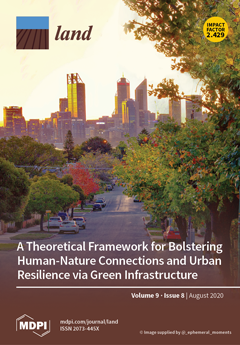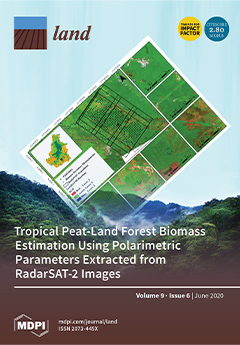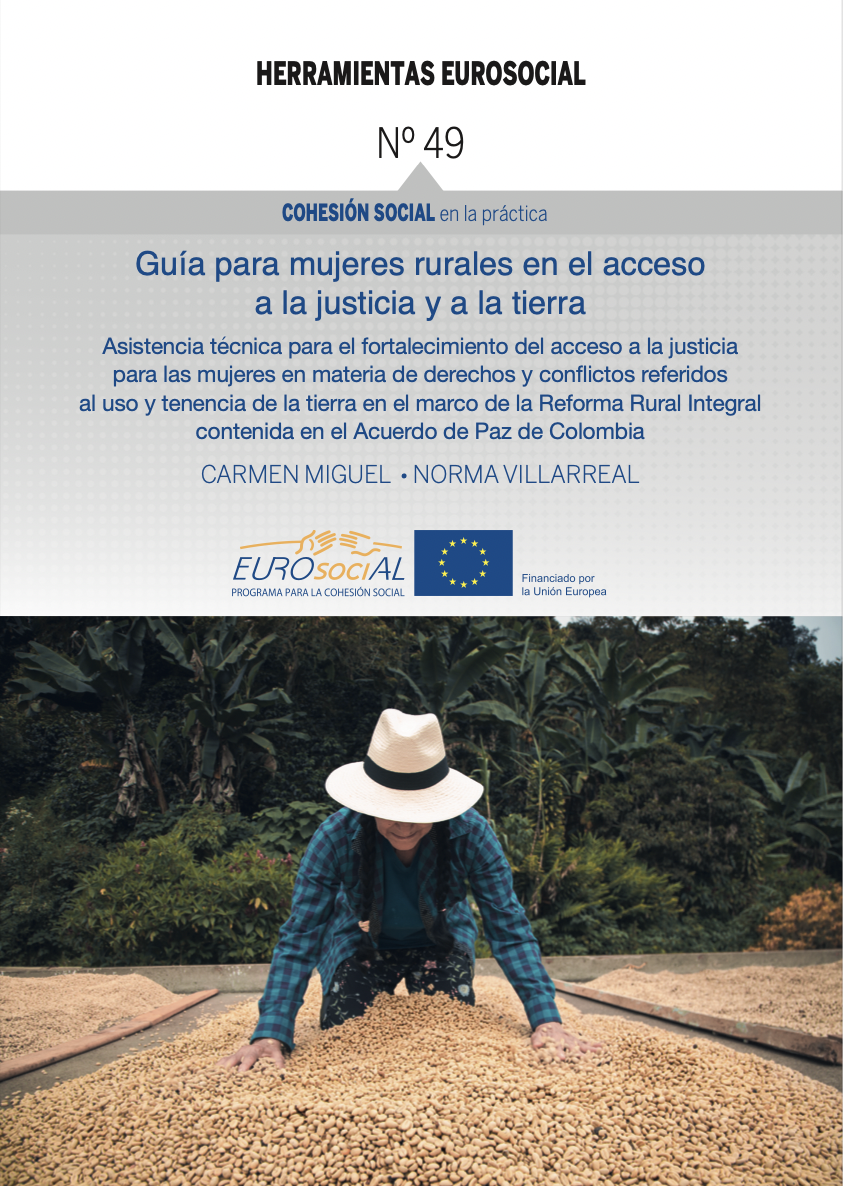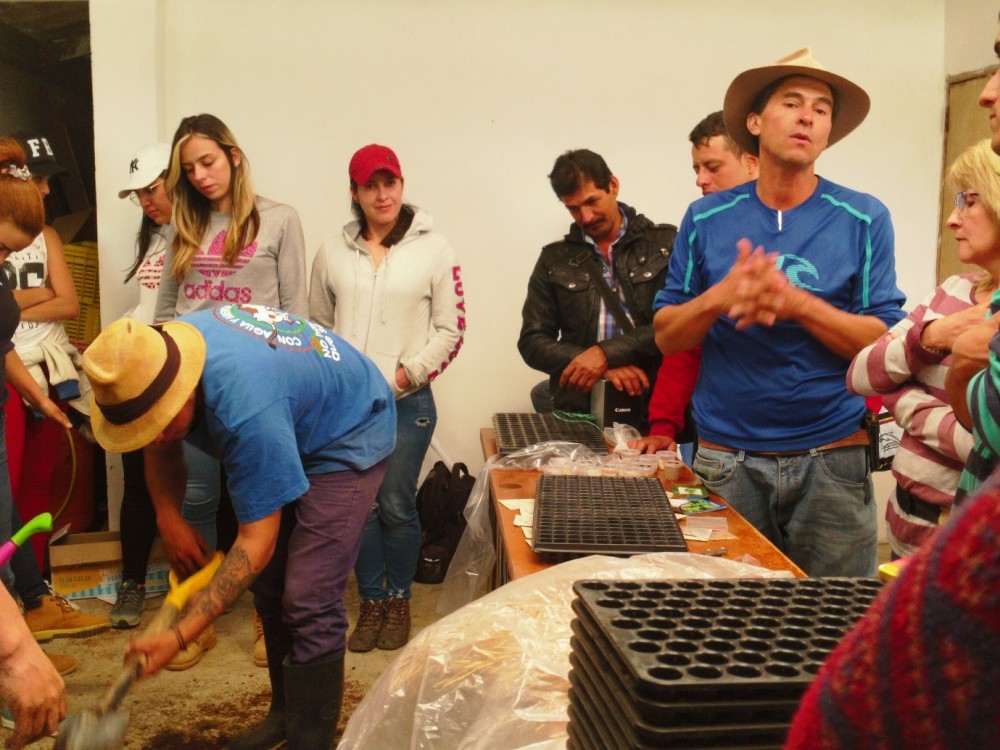Protected area managers rely on relevant, credible, and legitimate knowledge. However, an increase in the rate, extent, severity, and magnitude of the impacts of drivers of change (e.g., climate change, altered land use, and demand for natural resources) is affecting the response capacity of…
Conservationists recognize the value of protected area (PA) systems, with adequate coverage, ecological representation, connection, and management to deliver conservation benefits. Yet, governments primarily focus on coverage, disregarding quantification of the other criteria. While recent…
Cultural ecosystem services are gaining increasing attention in the scientific literature, despite the conceptual and methodological difficulties associated with their assessment. We used a participatory GIS method to map and assess three cultural ecosystem services, namely, (a) outdoor…
This article presents an analysis of the complexities implied by the implementation of the Colombian land restitution policy, as an example of the way in which the state works in its day-to-day practice. The document highlights the role played by the bureaucracy of “land” in the management of…
The 2016 peace agreement between the Government of Colombia and the FARC-EP created institutional space for an effective implementation of needed rural reforms. However, the change of power structures also contains risks, like the deterioration of natural resources and the strengthening of other…
La pertinencia de esta Guía procede de los diagnósticos previamente realizados. En ellos se identificó que las mujeres rurales experimentan distintos obstáculos para acceder a la justicia y a la tierra, como la discriminación estructural, el desconocimiento general acerca de sus derechos sobre…
En el campo hay menos títulos, pero más sabiduría
The Climate Services for Resilient Development (CSRD)
Partnership is a private-public collaboration led by USAID,
which aims to increase resilience to climate change in
developing countries through the development and
dissemination of climate services. The partnership…
In 2018, CCAFS and partners provided technical and policy recommendations on Land Productivity and Agricultural Performance for the Colombian Green Growth Policy. The government allocated US $74.5 million to implement actions that help to improve the agricultural sector's performance aiming…
In Colombia, one-third of the land is devoted to cattle farming, which is one of the main drivers of deforestation, land degradation, loss of biodiversity, and emissions of greenhouses gases. To mitigate the environmental impacts of cattle farming, agroforestry practices have been extensively…
The convoluted nexus between bovine livestock and the dynamics of armed confrontation in Colombia is a terrain open for exploration. While a vast array of archival sources suggests a historical, problematic connection between livestock production, land dispossession and rising violence in rural…
The 2016 peace agreement between the Government of Colombia and the FARC-EP created institutional space for an effective implementation of needed rural reforms. However, the change of power structures also contains risks, like the deterioration of natural resources and the strengthening of other…









